WASHINGTON/New York, Nov 28: US anti-terrorism experts have warned that ‘a smoking gun’ in the Mumbai attacks could not only derail Pakistan-India talks, but also jeopardise Islamabad’s relations with Washington.
Christine Fair, a South Asia affairs analyst for US think-tank RAND Corporation, said that the attacks had raised several questions.
“Was Pakistan involved? “What type of Pakistani involvement was there? Did anyone in the government know?”
She warned that “if there is a smoking gun,” it would have serious repercussions for US-Pakistan and Pakistan-India relations.
“The attacks will increase pressure on the incoming Obama administration to be tough on Pakistan,” she warned.
Bruce Riedel, a former South Asia analyst for the CIA and the US National Security Council who now advises President-elect Barack Obama, agreed.
“This is a new, horrific milestone in the global jihad,” he told The Washington Post.
“No indigenous Indian group has this level of capability. The goal is to damage the symbol of India’s economic renaissance, undermine investor confidence and provoke an India-Pakistan crisis.”
But Ms Fair believed that the attacks were apparently carried out by indigenous Indian militants with some outside support.
“This isn’t India’s 9/11. This is India’s Oklahoma City,” said Ms Fair, referring to an April 1995 domestic attack in the US that killed 168 people.
“It is almost unimaginable that this could have been done entirely by outside militants without Indian involvement; implications are very dangerous,” she told Dawn.
“There are a lot of “very, very angry Muslims in India. The economic disparities are startling,” she said. “This is a major domestic political challenge for India.”
Ms Fair said it was not possible to deny what happened during anti-Muslim riots in Gujarat in 2002.
“You have Islamist militants in India and you have a militarised Hindu right; these are small numbers but they feed on each other, without one the other will be difficult to exist,” she said.
Ms Fair said the Indians had a ‘strong incentive’ to link this to Al Qaeda,” but so far no one has presented any evidence to show that Al Qaeda is involved.
Another important question, she said, was how Israel would respond, especially if there’s a Pakistani involvement. “Another important question is: Could this be a reaction to (secret) Pakistan-Israel talks?”
View endorsed
Namrata Goswami, associate fellow at the Institute for Defence Studies and Analyses in New Delhi, agreed with Ms Fair.
“They want to establish some kind of linkage with Al Qaeda,” she told USA Today. “But I don’t believe it is there. The motive is very, very clear. This outfit wants to attract sponsors abroad. There’s a lot of money in it.”
Ms Goswami also endorsed Ms Fair’s views that Indian Muslims bore plenty of grievances against the Hindu majority. They lag behind economically. And they have been targeted by Hindu extremists; hundreds of Muslims died, for instance, in communal riots in Gujarat in 2002, she said.
Gary Ackerman, a pro-Indian Democratic Congressman from New York, worried about the Mumbai attacks’ implications for the United States.
“The implication for us is that there are bad guys still out there, and we’re going to have to learn how to deal with them, because our friends are getting sucked into this big-time,” said Congressman Ackerman, who chairs the House subcommittee on the Middle East and South Asia.
USA Today quoted Bahukutumbi Raman, former head of counter-terrorism for India’s intelligence agency, saying that the attackers caught Indian security forces unprepared.
“Till now, we were greeting with glee Pakistan’s incompetence in dealing with terrorism,” he said. “We can no longer do so. We have become as clueless as Pakistan.”
One highly placed US intelligence official, who has been briefed on the attacks, told CNN that the head of the operation was a Bangladeshi and that the militants were Indians, Kashmiris and Bangladeshis. The Indian military had sustained a large number of casualties, the source said.
The experts who spoke to CNN also mentioned another group called the Indian Mujahideen. Despite its relatively new status, the organization is thought to have the organisational capability to carry out such attacks, said Paul Cruickshank, a fellow at the Centre on Law and Security at New York University’s School of Law.
Experts and analysts are warning against rush to judgment.
The New York Times said on Friday “many security experts insist the style of the attacks and the targets in Mumbai suggested the militants were likely to be Indian Muslims, with a domestic agenda” suggesting it may not be the work of Pakistan’s intelligence services or Al Qaeda.
Referring to a claim by a previously unknown outfit ‘Deccan Mujahideen’ that it has carried out the attacks, an Indian security official, who spoke on condition of anonymity with the newspaper, said the name suggested ties to a group called Indian Mujahideen.
The Indian Mujahideen has been implicated in a string of bombing attacks in the country killing about 200 people this year alone.












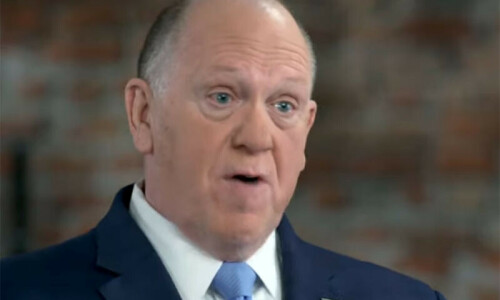
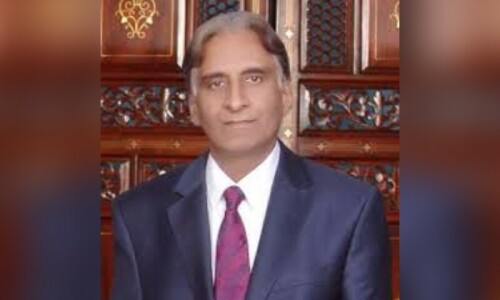

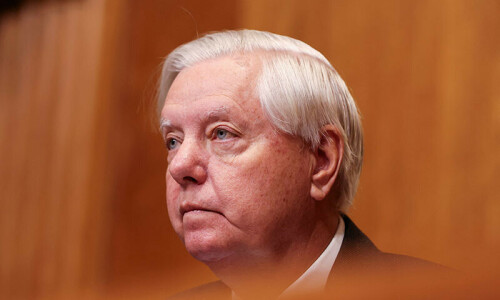

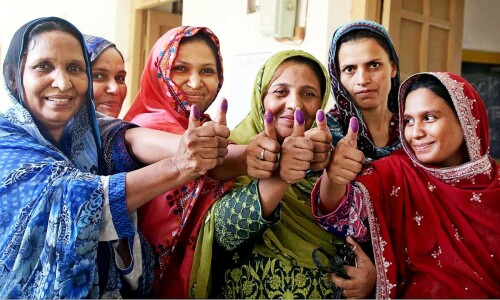

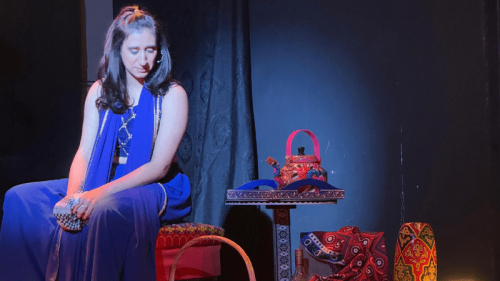
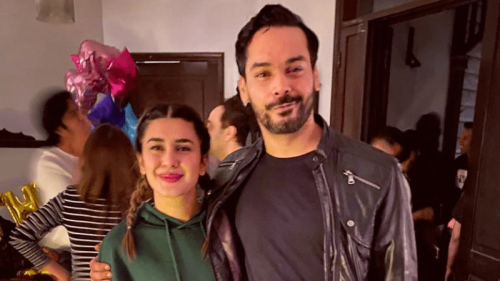
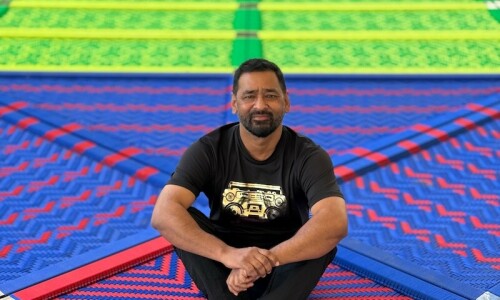










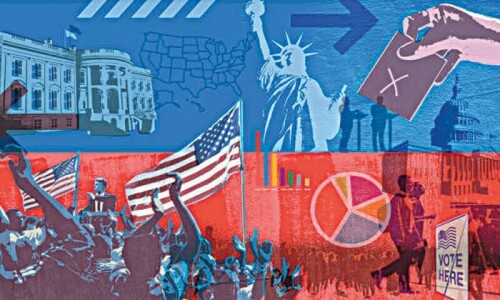
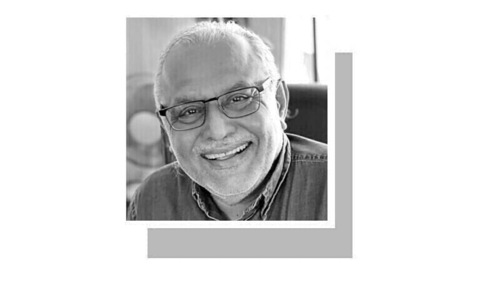
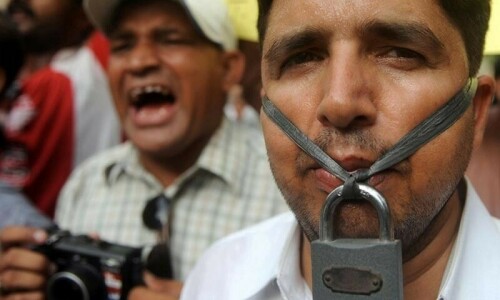
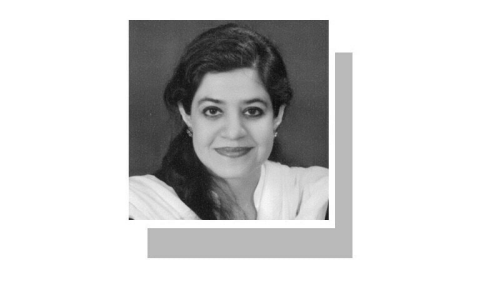








Dear visitor, the comments section is undergoing an overhaul and will return soon.